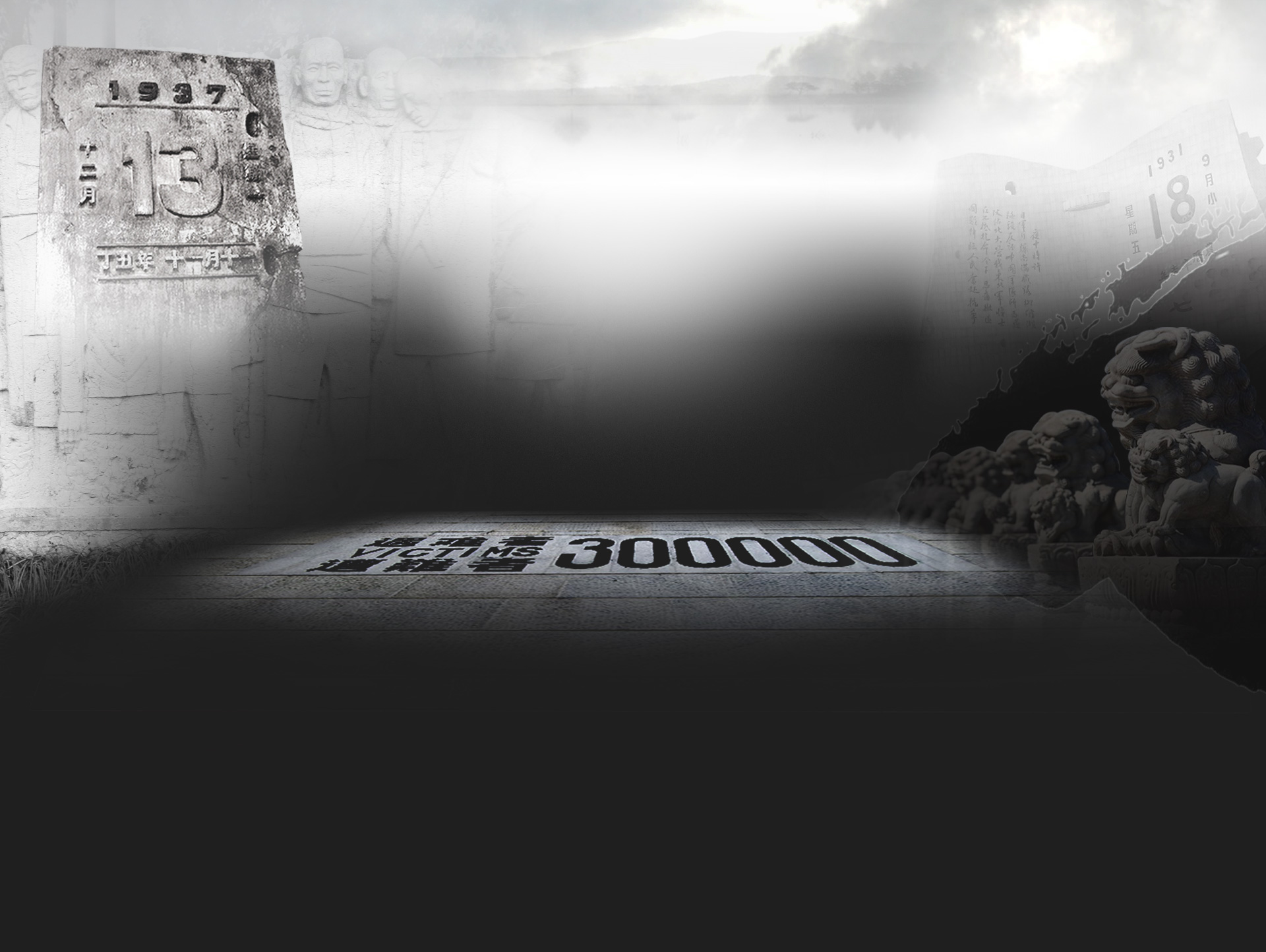
Chinese President Xi Jinping, Premier Li Keqiang and senior leaders Zhang Dejiang,Liu Yunshan,Wang Qishan and Zhang Gaoli attend a ceremony at Tian'anmen Square to honor deceased national heroes on the Martyrs' Day, in Beijing, capital of China, Sept. 30, 2015. (Xinhua/Huang Jingwen)
BEIJING, Sept. 30 (Xinhua) -- Chinese PresidentXi Jinpingand other senior leaders attended a ceremony Wednesday in Beijing's Tian'anmen Square to honor deceased national heroes on Martyrs' Day.
Veterans wearing medals on their chests, family members of martyrs and representatives of all walks of life gathered at the Monument to the People's Heroes in Tian'anmen Square to mark the country's second Martyrs' Day on the eve of the 66th National Day.
PremierLi Keqiang, top legislatorZhang Dejiang, senior leaderLiu Yunshan, top discipline inspectorWang Qishanand Vice PremierZhang Gaolialso attended the event.
The marble monument, the foundation of which was laid on Sept. 30, 1949, stood tall against a blue sky. On the pedestal are eight reliefs depicting major episodes in Chinese revolutionary history since the First Opium War (1840-1842).
A military band played before the ceremony began. An honor guard stood in front of the monument.
Martyrs, as defined by the government, are "people who sacrificed their lives for national independence and prosperity, as well as the welfare of people in modern times, or after the First Opium War."
It is estimated that China's martyrs number around 20 million.
At 10 a.m., a crowd of around 3,000 people chanted the national anthem. Then they bowed their heads in silent tribute to those who devoted their lives to the liberation of the Chinese people and the development of new China, which was founded in 1949.
Following a patriotic song by school children in white shirts and red scarves, the uniform of China's Young Pioneers organization, 18 honor guards laid nine baskets of flowers in front of the monument.
The baskets were presented in the names of the Communist Party of China Central Committee, China's top legislature, the State Council, the top political advisory body, the Central Military Commission, democratic parties and non-party individuals, mass organizations, veterans, senior people and the families of martyrs, as well as China's Young Pioneers organization.
President Xi tidied red ribbons on one of the baskets and led a group of senior officials on a walk of tribute around the monument.
School children and other participants followed them and laid their bouquets of chrysanthemums at the foot of the monument.
China's top legislature approved Sept. 30 as Martyrs' Day last year to commemorate those who lost their lives fighting for national independence and prosperity.
Xi returned to Beijing Tuesday after his state visit to theUnited Statesand attending a series of UN summits.
Wednesday's event was the second time this month for China to hold commemoration ceremonies at Tian'anmen Square. On Sept. 3, the country commemorated the 70th anniversary of the end of World War II and the victory in the war of resistance againstJapanese aggression with a full-dress military parade.
Xi said during his Victory Day speech that China will remain committed to peaceful development.
"No matter how much stronger it may become, China will never seek hegemony or expansion. It will never inflict its past suffering on any other nation," Xi said, as he announced a cut of 300,000 troops from the country's military.
REMEMBRANCE ACROSS CHINA
Shanghai Symphony Orchestra Hall staged a performance on Monday of a 1960 work by composer Zhu Jian'er, the Heroic Poems. The symphony and chorus were based on wartime poems by China's late chairman Mao Zedong. It was the wish of 93-year-old Zhu to hear the symphony again half a century later.
"The works showed the Chinese people's bravery in facing difficulty," he said. "The performance is a salute to the 70th anniversary of the end of Chinese People's War of Resistance Against Japanese Aggression, when so many died to achieve peace that we enjoy nowadays."
In Tibet, a memorial park opened Wednesday in the border county of Zayul, where 447 soldiers who died defending the territory were buried. Their remains were previously buried at five sites, before being collected at the cemetery. A monument in the park stands 19.62 meters tall, symbolizing the year when China fought India in border dispute. Representatives of veterans and officials unveiled the monument, while soldiers carried coffins to the tombs.
"The park carries the spirits of martyrs, which is helpful for raising people's awareness of national defense," said Feng Shouzheng, a veteran.
Commemoration was also held in other parts of China, including Chongqing, which was heavily bombed by the Japanese in World War II, Jiangxi, birthplace of China's revolution, as well as Shanxi, a province ransacked by the Japanese.
"I really miss my fellow soldiers from the old days," said Duan Erbao, a 84-year-old veteran from Shanxi. "I feel so sad thinking of them sacrificing their lives in return for our happiness. The commemoration today let me know that they are not forgotten."
